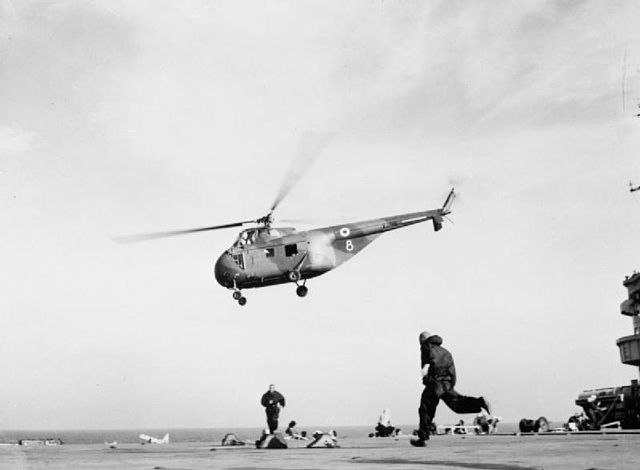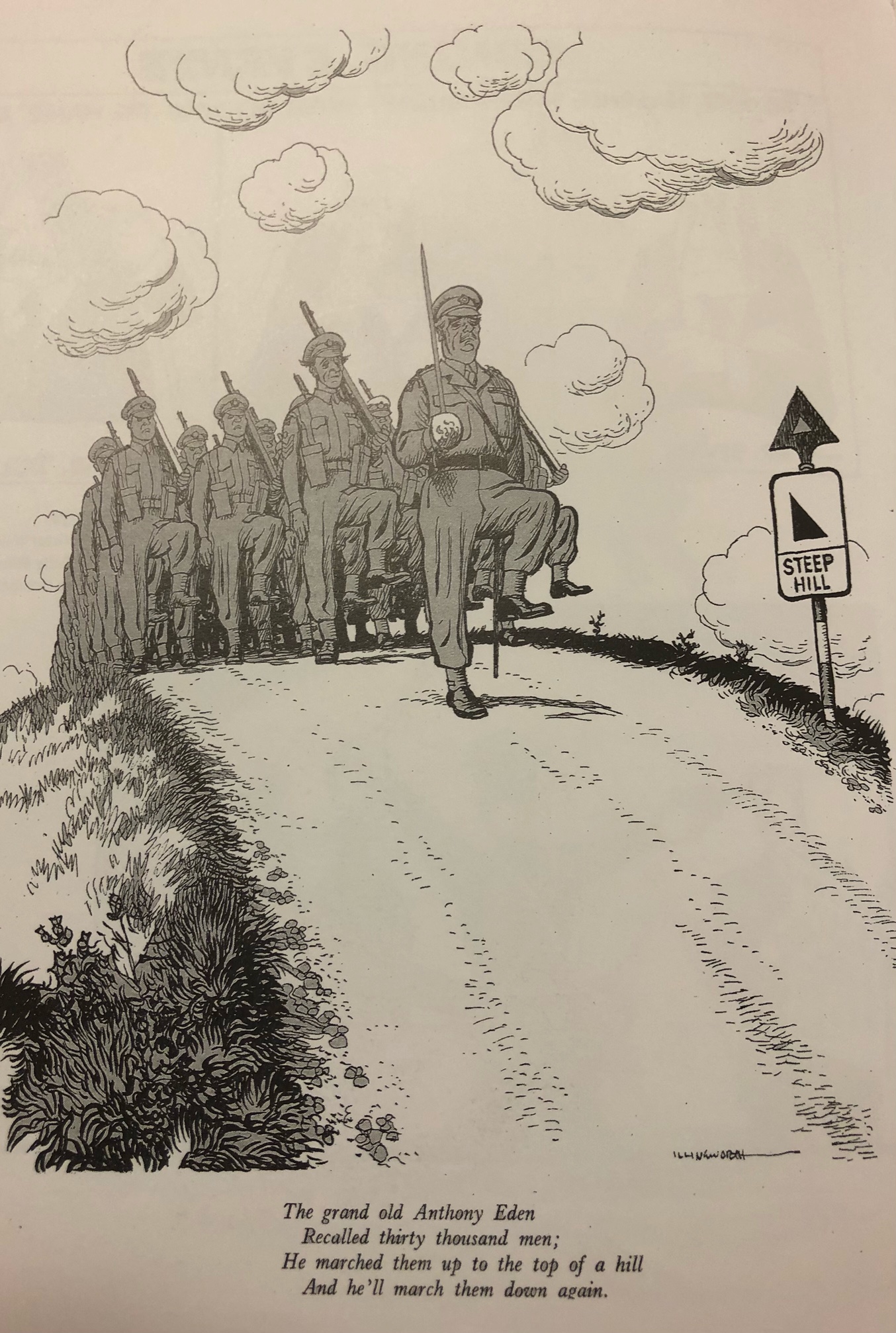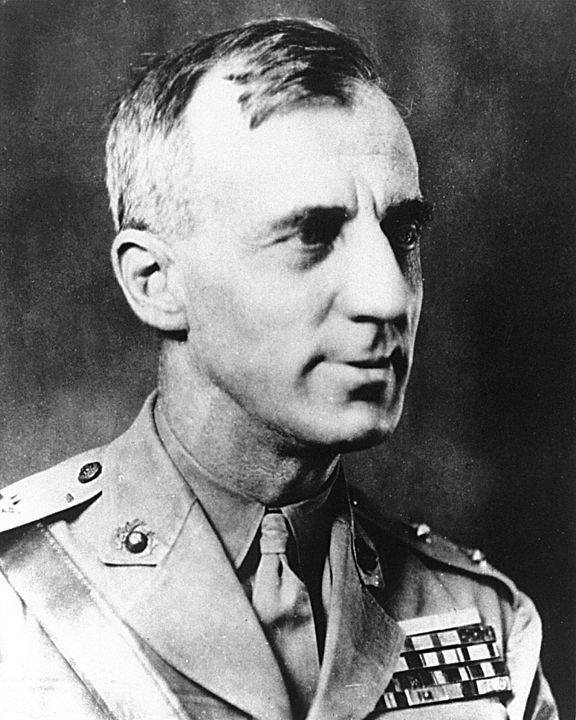Hong Kong can do nothing right, it seems. But it’s not the community’s fault: it lives on a fault line, trying to balance between two much larger, more powerful entities. Richard Cullen recalls a different occasion when two big powers, the US and the UK, had a difference of opinion. Often, much smaller communities end up paying the price.
IT IS HARD, AT FIRST, to see any significant connection between the ill-starred Central American country of Guatemala and Hong Kong. However, Christine Loh recently explained convincingly how the HKSAR now lies across an intensifying Sino-American geopolitical fault line.
And in the early 1950s, Guatemala found itself similarly placed on a dangerous fault line (as it still does).
In a 1992 article in the journal Diplomatic History, Sharon Meers quoted from the memoirs of the former UK Prime Minister, Anthony Eden. With France and Israel as allies, Eden initiated the UK’s ill-fated attempt to retake control of the Suez Canal from Egypt in October 1956 and to depose the popular new President of Egypt, Gamal Abdel Nasser. Nasser had nationalized the European-owned Suez Canal in July of that year.
Meers explains that Eden had, shortly before, assisted the US (by helping to protect the US in the UN Security Council) when President Eisenhower authorized a coup to depose the democratically elected Jacobo Arbenz (who lacked sufficient anti-communist credentials in Washington’s view) as President of Guatemala in 1954.

Eden thought, as a result of this, he had an understanding with Eisenhower that the US would support the UK during the Suez Crisis in 1956.

HE EXPECTED HELP FROM THE US
However, the US made its opposition to this major British-Franco-Israeli attempt to assert imperial control by military force extremely clear in 1956. Eisenhower did not want, in this case, the US to be associated with an act of renewed European colonialism.
He was also acutely aware, as the Cold War intensified, of the order-restoring parallel that could be drawn by the USSR between the military action against Egypt and its own violent suppression of the Hungarian Uprising, which occurred at about the same time.
US THREATENED, HUMILIATED THE UK
Among other measures, Eisenhower threatened serious damage to the British financial system as part of his coercive response. The UK was particularly vulnerable to this sort of pressure. It was a very poor shape economically after the World War II.
The attempt to retake the canal collapsed. Egypt retained control and Britain, in particular, was humiliated.

A range of leading commentators concluded that the outcome of the Suez Crisis signaled the final end of the British Empire and the termination of Britain’s role as a global power.
Anthony Eden was forced to resign as Prime Minister.
UNABLE TO SEE ITS OWN SINS
Meanwhile, back in Guatemala, President Kennedy authorized yet another coup from Washington, in 1963, to prevent the possible return of Arbenz to power.
Curiously, Washington did not view its own exceptionally imperial and regularly violent, long-term guardianship of all of Latin America – and especially Central America (see above) – as being comparably colonial to the Suez adventure.
Curious indeed, bearing in mind the short, compelling American book written in 1935 by the highly decorated, Major-General Smedley D Butler of the US Marine Corps. Butler wrote this book, entitled War is A Racket, and gave many related speeches after he resigned from the Marine Corps in 1931. It contains this summary:
War is a racket. it always has been. It is possibly the oldest, easily the most profitable, surely the most vicious. It is the only one international in scope. It is the only one in which the profits are reckoned in dollars and the losses in lives. A racket is best described, I believe, as something that is not what it seems to the majority of the people. Only a small ‘inside’ group knows what it is about. It is conducted for the benefit of the very few, at the expense of the very many. Out of war a few people make huge fortunes.

Butler explained that during his decades of service in the US Marine Corps:
I helped make Mexico, especially Tampico, safe for American oil interests in 1914. I helped make Haiti and Cuba a decent place for the National City Bank boys to collect revenues in. I helped in the raping of half a dozen Central American republics for the benefit of Wall Street. The record of racketeering is long. I helped purify Nicaragua for the international banking house of Brown Brothers in 1909-1912. I brought light to the Dominican Republic for American sugar interests in 1916. In China I helped see to it that Standard Oil went its way unmolested.
AMERICA SERVES ITSELF
Things happen when you sit on a geopolitical fault-line where America is a primary actor. We can confirm this unequivocally in Hong Kong, based on much recent, direct – and ongoing -experience.
As Anthony Eden painfully discovered during the 1950s, no matter how special you think your relationship is with the US and no matter what “good-turns” you do based on that belief, America’s own interests trump any such considerations absolutely and always.
Does Taiwan grasp this insistent reality? If not, it certainly needs to do so.
And Hong Kong must, now, never forget it.
Richard Cullen is an adjunct law professor at the University of Hong Kong and a popular writer on current affairs.
Image at the top by fridayeveryday.

